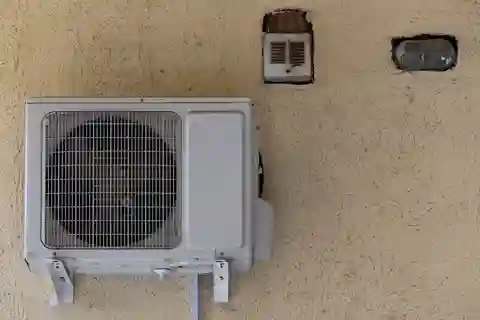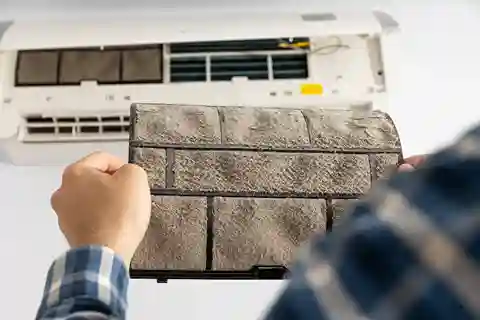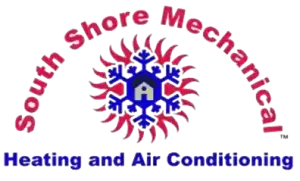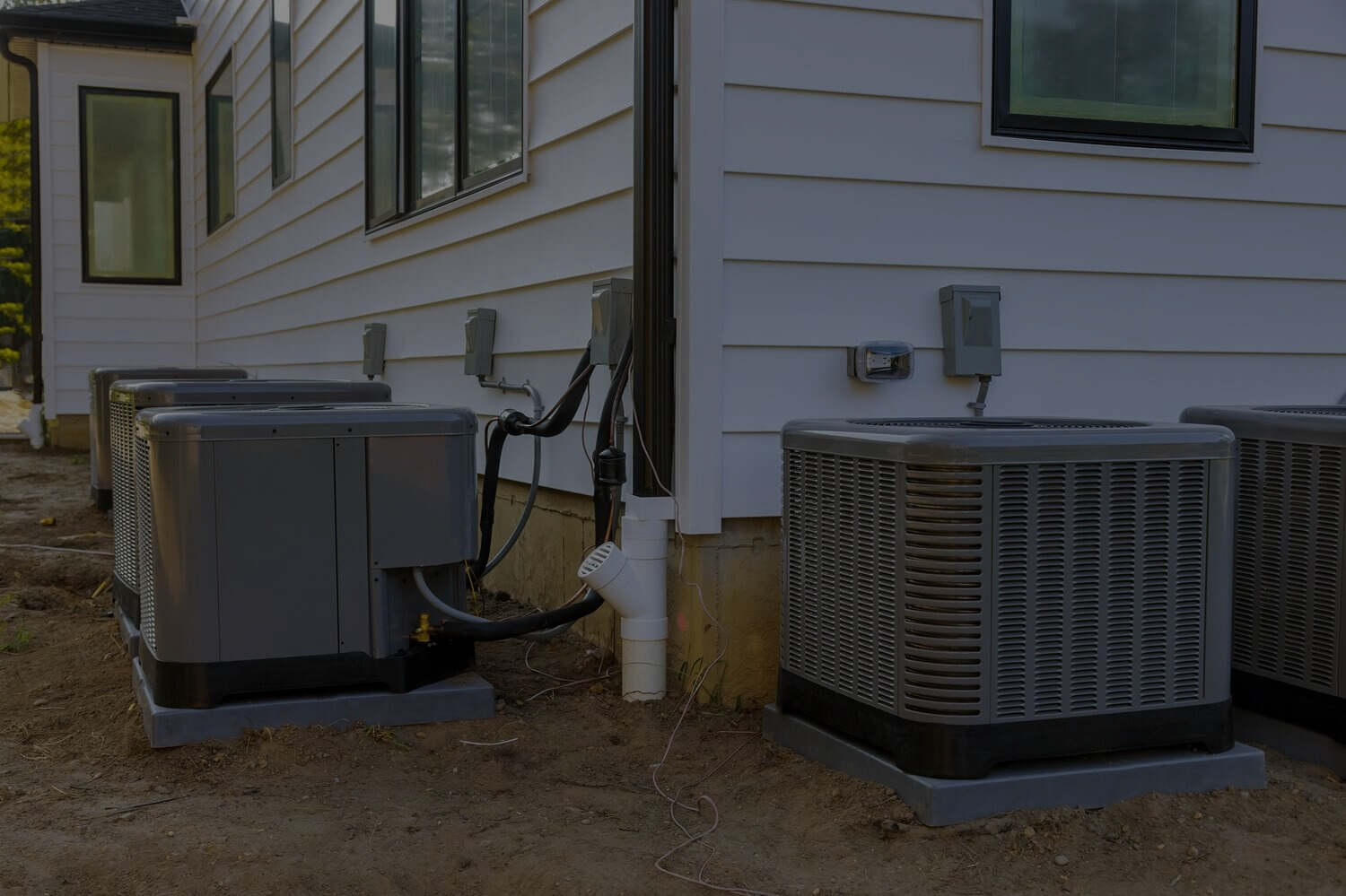
-
support
-
Blog
-
0 Comments
-
April 3, 2025
What are the Most Common Causes of Poor Airflow in Your HVAC System?
When your home doesn’t feel as comfortable as it should, the problem might not be your thermostat—it could be poor airflow in your HVAC system. Many homeowners face this issue without realizing how common or easy it is to fix. Whether you’re dealing with poor airflow in the house, poor airflow in one room, or struggling with poor airflow to the second floor, understanding the root cause can help you breathe easier—literally.
What Is Poor Airflow?
In simple terms, poor airflow in your HVAC system means air isn’t moving through your ducts and vents as it should. This can lead to uncomfortable temperatures, high energy bills, and even strain on your system.
Signs of Poor Airflow in Your Home
1. Uneven Temperatures
Some rooms feel too hot, others too cold. That’s a telltale sign of poor airflow in the house.
2. Weak Airflow from Vents
Hold your hand up to a vent—if the air feels faint or barely there, something’s off.
3. Hot and Cold Spots
Are there specific spots that always feel off-temperature, no matter what? That’s a sign that air isn’t circulating evenly.
4. Excess Dust
Poor circulation means dust isn’t trapped in filters—it’s settling around your home instead.
5. Increased Energy Bills
If your HVAC system works harder to maintain temperature, your energy bills will show it.
What Factors Affect Airflow?
HVAC System Design and Ductwork Layout
If your system wasn’t designed well or your ducts aren’t the right size or shape, airflow suffers.
External Temperatures and Insulation
Proper airflow becomes challenging when outside temps are extreme, and your insulation is lacking.
Air Filter Condition and Maintenance Habits
Clogged or dirty filters are a common cause of poor airflow—and one of the easiest issues to fix.
Most Common Causes of Poor Airflow in the HVAC System
Let’s dig into what might be causing the issue.
1. Dirty or Clogged Air Filters
A common cause of poor airflow is a dirty air filter. Filters trap dust, pet hair, and other particles—but once complete, they block air from passing through.
2. Blocked or Closed Vents and Registers
Air escaping through cracks or holes in the ducts never reaches its destination—leading to poor airflow in one room or house.
4. Obstructed or Malfunctioning Dampers
Dampers control the flow of air to different areas. If they’re stuck or broken, you’ll notice airflow problems.
5. Undersized or Poorly Designed HVAC System
If your system is too small for your home, it won’t be able to push air effectively—especially upstairs.
6. Low Refrigerant Levels
This can reduce the cooling power of your system and affect how well air moves through the system.
7. Faulty Blower Motor or Fan
The blower pushes air through your ducts. If it’s failing, airflow is weak—simple as that.
8. Dirty Coils or HVAC Components
When parts inside your HVAC unit get dirty, efficiency drops. Your system works harder but produces less airflow.
Our professionals are here to inspect and maintain your HVAC systems with proper care.

How Do You Fix Weak Airflow?
1. Check Your Air Filter
Change it if it’s dirty—it might be your easiest fix.
2. Ensure Vents and Registers Are Not Blocked by Furniture
Double-check that nothing’s sitting on top of or in front of your vents.
3. Inspect Ducts for Visible Leaks
Look for tears, loose connections, or damaged insulation.
4. Clean The Outdoor Condenser Unit
Leaves, debris, and dirt can reduce the system’s overall performance.
5. Call an HVAC Technician if the Issue Persists
If the DIY fixes don’t help, it’s time to bring in the pros.
How Can I Improve Airflow in My HVAC System?
Regular Maintenance Tips
1. Replace Air Filters Every 1–3 Months
It’s quick, inexpensive, and incredibly effective.
2. Schedule Annual HVAC Inspections
Let a technician catch and fix small problems before they get bigger.
3. Clean Vents, Registers, and Return Grilles Regularly
Dust and debris can build up over time and block airflow.
4. Keep Outdoor Units Clear of Debris and Vegetation
Allow at least 2 feet of clearance for proper air intake and exhaust.
5. Seal and Insulate Ductwork to Prevent Leaks
Leaky ducts are a common cause of poor airflow and energy waste.
Upgrading to a More Efficient HVAC System
Newer systems are designed to move air more effectively and are better sized for modern homes.
Using Smart Thermostats for Better Control
These tools can help balance airflow and reduce overuse of your HVAC system.
Room-Specific Airflow Problems
Most Common Causes of Poor Airflow in the Whole House
Undersized HVAC System for the Home’s Square Footage
A small system can’t deliver enough air, especially in larger homes.
Poor Duct Design or Airflow Balancing
If the airflow isn’t distributed correctly, rooms will feel inconsistent.
Inadequate Insulation Causing Uneven Temperature Control
Poor insulation forces your HVAC to work harder—often without success.
Most Common Causes of Poor Airflow in One Room
Blocked Vent or Register in the Room
It’s always the first thing to check.
Duct Leak Specific to That Branch
If only one room is affected, it might be a leak in that duct line.
Closed Damper Leading to the Room
If a damper is closed, it’s blocking airflow.
Room Location Farthest from the HVAC Unit
Long duct runs lose pressure and result in weak air delivery.
Most Common Causes of Poor Airflow on the Second Floor
Rising Warm Air Causing Pressure Imbalance
Hot air naturally rises; without proper airflow balance, it stays trapped upstairs.
Weak Blower Motor Can’t Push Air Upward
If your blower motor is struggling, it won’t have the strength to reach the upper floors.
Improperly Balanced Airflow Between Floors
Too much air on the first floor means too little makes it upstairs.
Thermostat Placement on the First Floor Only
Your system thinks the house is cooler than it is—because it’s measuring downstairs.
Poor Air Flow in your HVAC System? South Shore Mechanical Can Help You
If you’re dealing with poor airflow in the house, whether it’s just poor airflow in one room or frustrating poor airflow to the second floor, don’t wait for it to get worse. These issues can drive up your energy bills and leave your home uncomfortable. At South Shore Mechanical, we know how to find and fix poor airflow in HVAC systems quickly and effectively.
Visit us and let us take the stress out of the situation. Our expert technicians are here to help you restore comfort to your home with trusted solutions that last. A common cause of poor airflow is simple, but solving it requires the right expertise.

